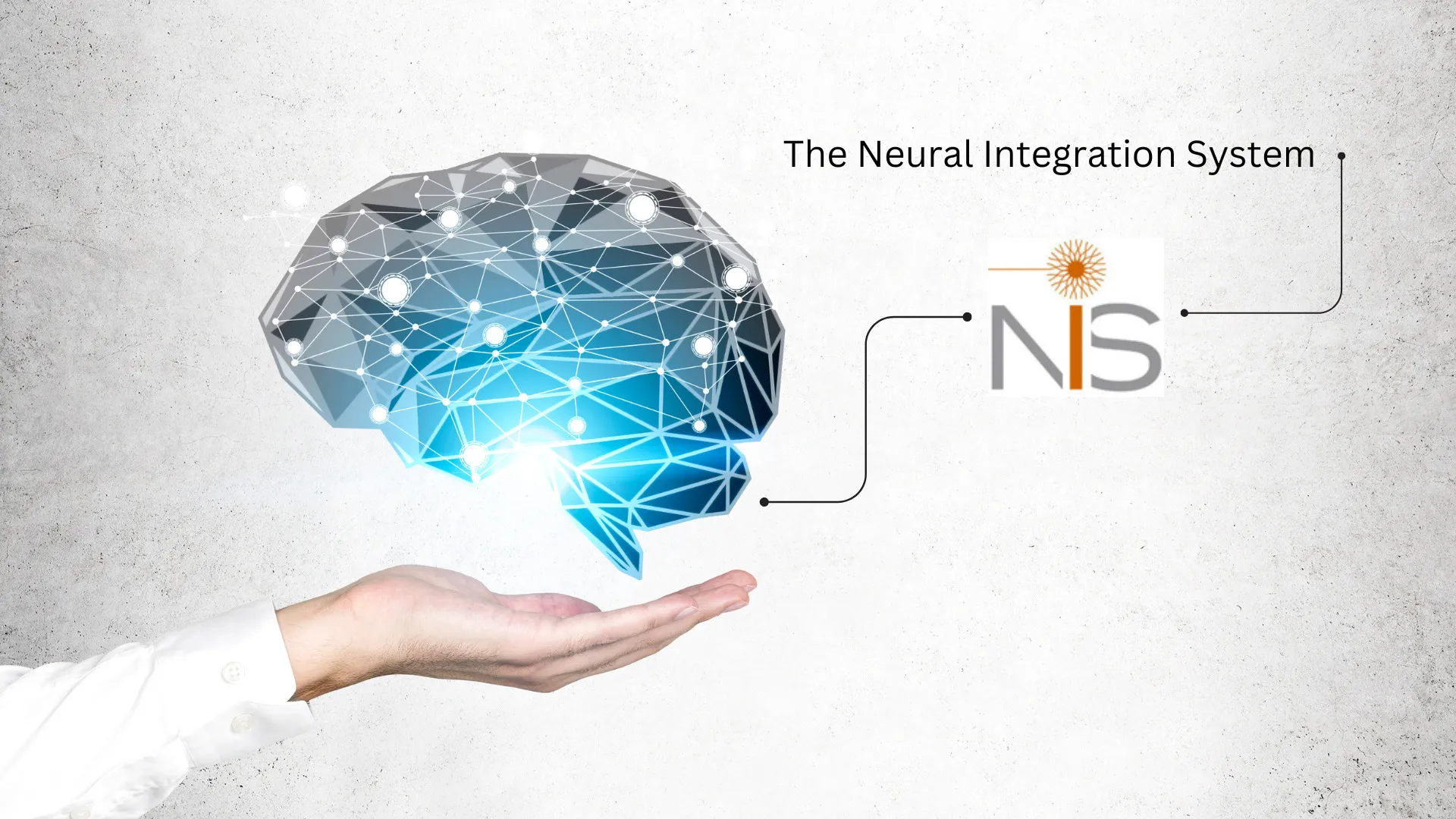
Neurological Integration System (NIS)
The Neurological Integration System (NIS), developed by Neurolink, is an innovative, non-invasive approach to healthcare management used by practitioners worldwide. NIS focuses on addressing the root causes of various health complaints, helping patients achieve sustainable and long-term results.
What is NIS?
NIS is based on the neurophysiological principle that the brain governs the optimal function of all body systems through neurological circuits. The brain constantly receives information from every part of the body and sends back "fine-tuning" messages multiple times per second. This ensures that every cell, gland, organ, muscle, and tendon is monitored and regulated.
However, stress—whether physical, emotional, neurological, or pathological—can disrupt these circuits, similar to a blown fuse. When this happens, the brain loses full communication with the affected area, leading to dysfunction and symptoms. NIS practitioners evaluate and restore these circuits, addressing the underlying causes of health issues rather than just the symptoms.
How Does NIS Address Complaints?
NIS practitioners use a systematic approach to evaluate the body’s neurological circuits and identify areas of dysfunction. A muscle test is employed as a feedback mechanism to determine whether the brain is in full communication with the body. Corrections are made by activating specific points on the body and tapping the cranium, which acts as the brain’s integration center.
This process restores the brain’s control over affected circuits, enabling the body to function optimally and resolve symptoms naturally.
The Science Behind NIS
NIS works with the Post Central Gyrus, a key area of the brain responsible for receiving and dispatching sensory information. By stimulating specific neural pathways, the practitioner helps the brain acknowledge and correct circuit faults. This process is tailored to each individual, ensuring precise and effective treatment.
What Conditions Can NIS Help With?
NIS can address a wide range of complaints, including:
- Structural: Back pain, joint issues, muscle tension.
- Physical: Digestive problems, immune dysfunction, respiratory issues.
- Pathogenic: Viral, bacterial, fungal, or parasitic infections.
- Neurological: Depression, learning difficulties, fertility concerns.
- Emotional: Anxiety, PTSD, stress-related conditions.
Why Does the Body Break Down?
The body can become vulnerable when stress exceeds its tolerance levels. Stressors may include:
- Physical injuries (e.g., falls, accidents).
- Emotional challenges (e.g., anxiety, fear).
- Digestive imbalances (e.g., bloating, heartburn).
- Hormonal issues (e.g., fatigue, menstrual pain).
- Pathogenic infections (e.g., viral or bacterial).
- Neurological dysfunctions (e.g., multitasking difficulties).
When the body’s circuits are disrupted, symptoms such as recurring pain, fatigue, or digestive issues may arise. NIS focuses on identifying and correcting these disruptions to restore optimal function.
What to Expect in an NIS Session
During an NIS session, the practitioner evaluates your body’s circuits using muscle testing and gentle, non-invasive techniques. The process involves:
- Reviewing your medical history and current complaints.
- Testing circuits by applying light pressure to specific points on the body.
- Correcting broken circuits by activating points and tapping the cranium.
The treatment is safe for all ages and tailored to your individual needs. Sessions may vary in duration and frequency, depending on the complexity of the issues being addressed.
Why Choose NIS?
Unlike conventional treatments that focus on symptom management, NIS addresses the root causes of dysfunction. By restoring the brain’s control over the body, NIS provides long-term relief and improved overall health.
For more information, visit www.neurolinkglobal.com/











